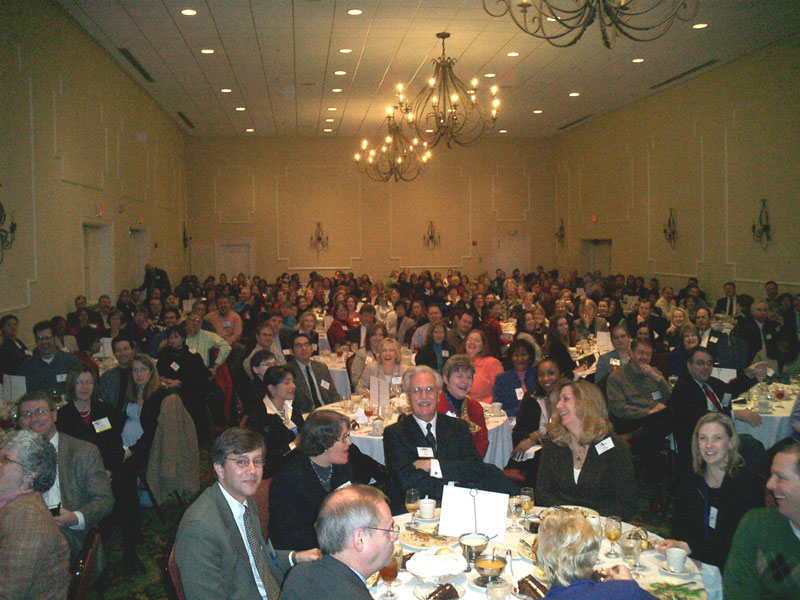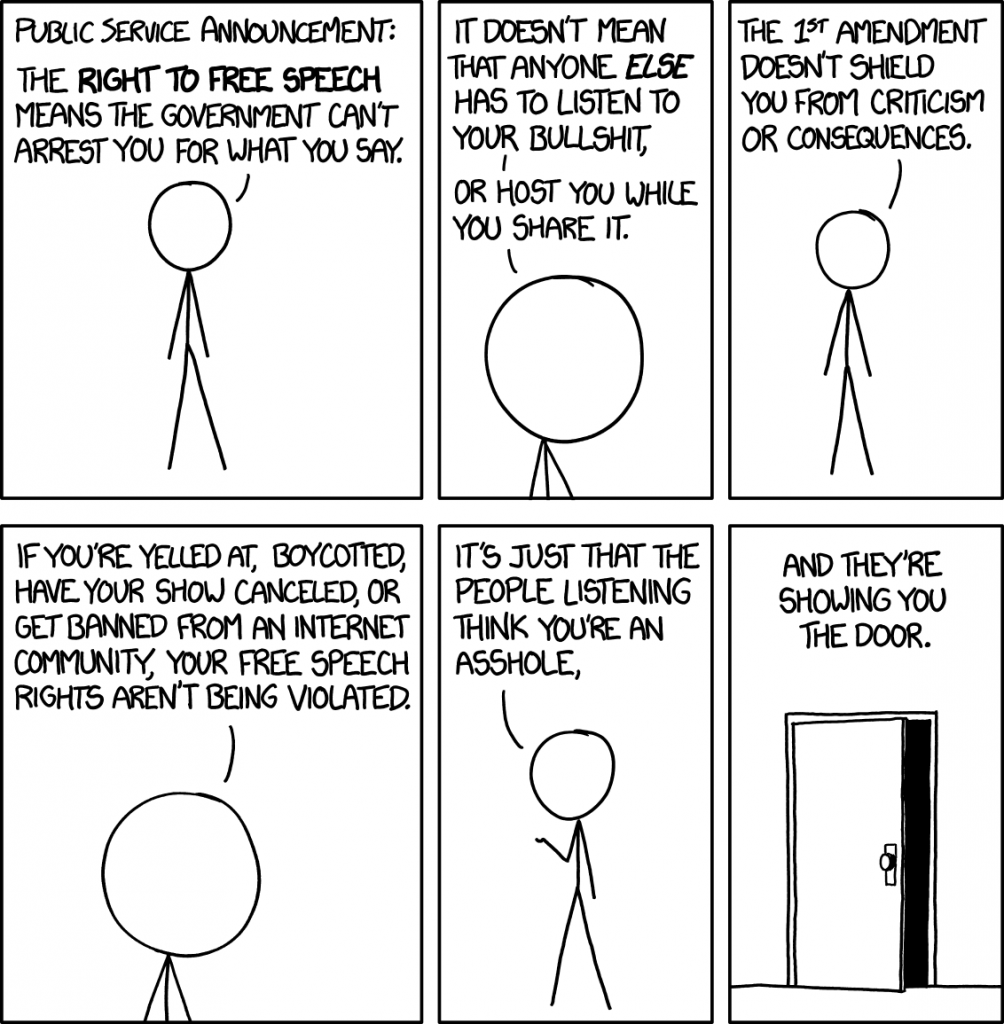In 2006 I was asked to be on a panel discussing new technology tools for public relations professionals in the greater St. Louis area. Blogging was still relatively new at the time and I’d been at it for five or six years, consulting for advertisers on our various radio networks. It was a packed house.

2006 was a busy year for technology (social media?). Twitter officially launched in July; Facebook opened up to everyone over 13 years old, leading to explosive growth from 12 million users at the end of 2006 to 50 million by October 2007; YouTube was acquired by Google for $1.65 billion in October, cementing its position as the leading online video platform.
I spent most of my working years on the media side of things rather than the PR side, but one (of many, no doubt) go-to tool was the written press release. These went out (fax, USPS, email) to any media outlet that might do a story (Newspapers, magazines, radio, TV) followed up by a phone call “pitching” the story. I don’t recall there being any way to get a release into the hands of the public. The internet –and, later, social media– changed all that. We started seeing and hearing the word “disintermediation.” Communicating directly to a target audience, bypassing traditional media.
By this time many (most?) businesses, organizations and institutions had websites but it took some technical skill to update these, a task made easier by the advent of blogs. And a well-written, frequently updated blog could be followed thanks to a bit of tech called RSS.
As I prepared to write this post I tried to recall what the field of public relations was like in 2006 (18 years ago!). Instead of googling I used a new (for me) tool called Perplexity that describes itself as an “answer engine” rather than a search engine. If you discount the personal touch, the result was much better than what you just read. I’m too new to this tool/tech to write intelligently about it does feel like a very big deal. I’m already starting to go to Perplexity for answers I once searched for on Google. And all we really wanted was the answer, right? Here’s a short (6 min) video overview of Perplexity and I’ll be sharing my experiences here.

